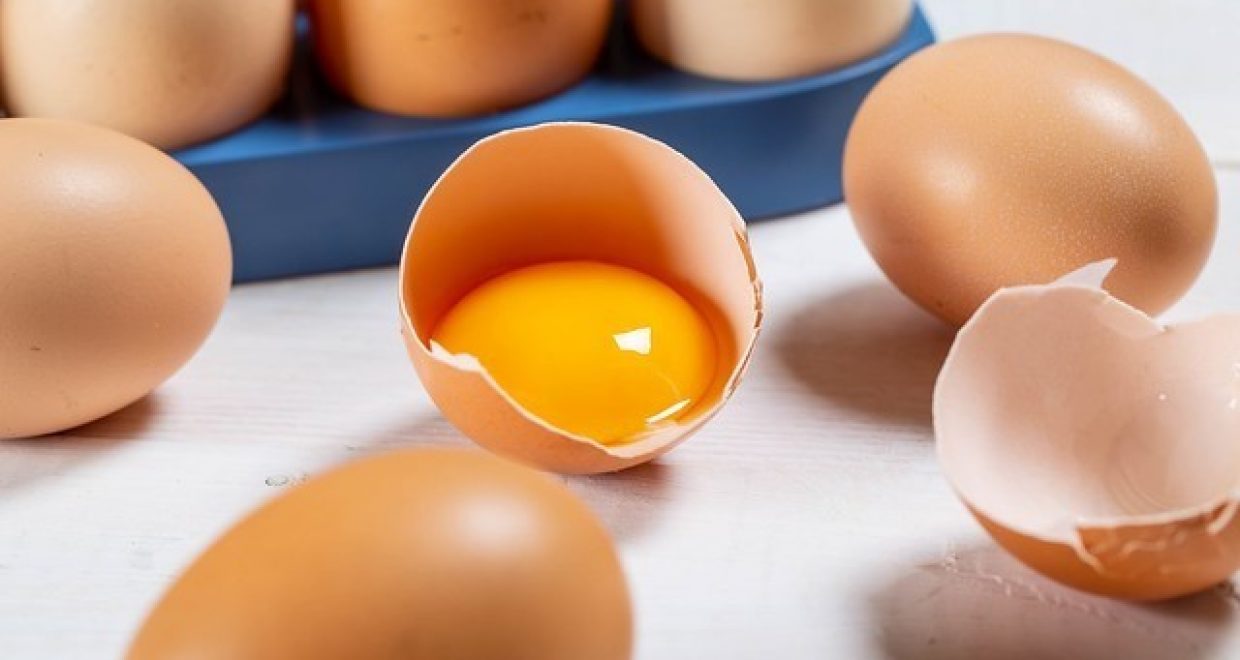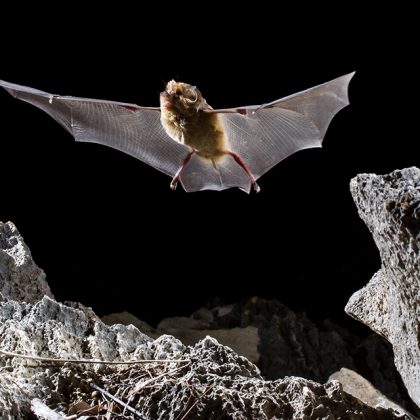Making it New: Acts of Eating Otherwise
The injunction to “make it new!” has come to function as the defining slogan of modernist literature. For the modernist author, Peter Gay writes, making it new was “a professional, almost a sacred obligation.” Ezra Pound’s command, however, is often invoked without being cited, its origins and history remaining by-and-large obscure. This is, we might say, a phrase which has a quasi-mythical status in literary criticism.
It is, indeed, true that by 1928, when the injunction to “make it new!” first appeared in Ezra Pound’s translation of Ta Hio, many of the major works of modernist literature had already been written. As Michael North points out in his exemplary study Novelty: A History of the New (2013), this means that modernist writers could not, strictly speaking, have treated it as an “obligation.” Nevertheless, it is undeniable that modernist literature is, in one way or another, marked by an intense preoccupation with novelty, with or without an “official” slogan.
While this concern with novelty, which has been customarily associated with the development of innovative ways of writing, has defined much of the scholarship on modernist literature, Bryony Randall has made the case for an exploration of “everyday life” in modernist texts, as opposed to “the exceptional moment” which rises above, or transcends the everyday.
Even the everyday, however, is often “othered” in the experimental literary scene of the twentieth century, emerging as a locus of novelty. Eating Otherwise: The Philosophy of Food in Twentieth-Century Literature demonstrates how this is so. What would otherwise feature as an ordinary, everyday practice – the act of eating – is often rendered extra-ordinary here. As a nod to the “othering” of the alimentary outside the strictly literary realm, we might think of Filippo Marinetti’s The Futurist Cookbook (1932), which introduces us to a vision of a future people capable of obtaining nourishment via the transmission of “radio waves.” Or we might think of the Surrealist commitment to “nonconformism,” which also often translates as an “othering” of food, as is the case in Salvador Dalí’s A Portrait of Gala with Two Lamb Chops Balanced on Her Shoulder (1933). Eating Otherwise unearths such unusual, strange, and even shocking instances of eating, concentrating on modernist literature and its postmodernist aftermath. Such acts of eating otherwise, the book argues, are tangled up with visions of being otherwise. They constitute, in other words, ways in which the literary imagination of the twentieth century “makes it new” by reconfiguring everyday materiality in order to instigate different ways of being. At the heart of this monograph is ultimately an attempt to uncover the extent to which modernism betrays a belief in the human subject as capable of acting in the material realm of the here-and-now so as to bring about change, and the ways in which such a belief is assimilated, and indeed neutralised, in postmodernism.
Eating Otherwise: The Philosophy of Food in Twentieth Century Literature was published by Cambridge University Press in 2017. It was recently shortlisted for the University English Book Prize, for which it received an “honourable mention.”






